A choice of 9/11s
Whatever else may be beyond our control, we are all free to choose which 9/11 moves us most deeply.
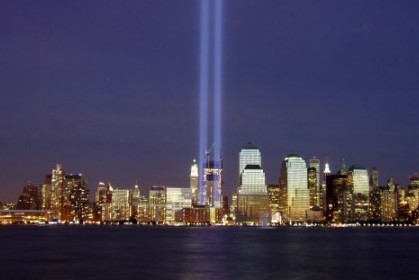 Courtesy: Wikipedia
Courtesy: Wikipedia
Whatever else may be beyond our control, we are all free to choose which 9/11 moves us most deeply.
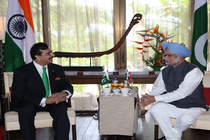 Courtesy: Ministry of External Affairs, Government of India
Courtesy: Ministry of External Affairs, Government of India
The U.S., post-9/11, has made large strides with their homeland security. In contrast, what has India done to counter terrorism? How have Indo-Pakistan relations unfolded?
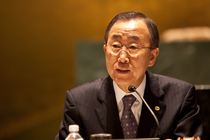 Courtesy: Broddi SigurðarsonFlickr
Courtesy: Broddi SigurðarsonFlickr
Today, at the national and regional level, large loopholes still exist in the security system. On the international front, however, there have been a lot more initiatives, yet the apex body of the UN remained silent post-26/11. Were they justified in holding back?
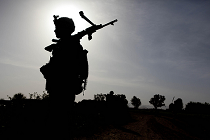 Courtesy: isafmedia/Flickr
Courtesy: isafmedia/Flickr
Last May, U.S. citizen David Headley confessed to being a spy for the Lashkar-e-Taiba. What no one has tackled yet is whether there are other Headleys out there whose actions threaten India, or any other country. Even with thousands of intelligence agencies scouting for terrorist activities, are we really safer?
 Courtesy: Bob Dowling
Courtesy: Bob Dowling
The Occupy Wall Street movement in the U.S. is gathering strength, with new groups of the aggrieved adding to the numbers of protestors. Gateway House’s editorial advisor Bob Dowling plunges into the crowd to gauge the depth of the movement, and the seriousness of the protestors’ intent.
Corruption has become a galling global phenomenon: structured, vertically-integrated networks, whose objective is the extraction of resources, are forming in countries around the globe. And strikingly, these structures are masquerading as democratically-elected, seemingly-open governments.
Although the U.S. has not faced another terrorist attack since 9/11, much has changed in its democratic framework. Gripped by fear, 3,984 federal, state and local organizations work on domestic counter-terrorism, spending an estimated $1 trillion.

Jonathan Yang, a former summer associate at Gateway House, writes about the memory, and the overwhelming presence, of 9/11. A native of the United States, Yang gives us a personal account of the impact 9/11 has had on an individual's life.
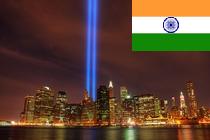 Courtesy: WTCTributeinLight/WikimediaCommons
Courtesy: WTCTributeinLight/WikimediaCommons
A change has come about after 9/11: the ideologies grouped as “Al Qaeda” has morphed, from a group directed by a few individuals, it is now disaggregated. Due to this change, NATO is empowering it's future foes in the Arab world by its continued belief in the camouflaged jihadis.
 Courtesy: InDepthNews
Courtesy: InDepthNews
A decade later after 9/11, the U.S. is yet to rally itself against Pakistani-sponsored terrorism and India has not better prepared to defend itself. Gateway House’s Neelam Deo and Akshay Mathur cover India’s national security in a piece published in InDepthNews.